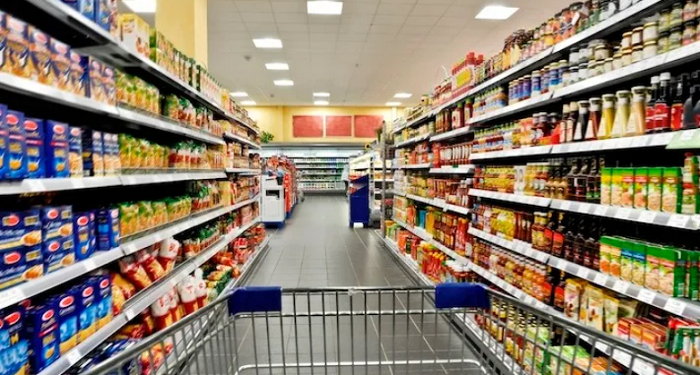Nigerians spent over a billion dollars on beverages such as alcoholic and non-alcoholic drinks in the first half of 2022.

This is according to data extracted from the financial statements of some of the largest beverage-making companies in the country that are listed on the NGX, the country’s premier stock exchange.
Brewery giants, Nigerian Breweries, Guinness, and International Breweries all reported double-digit growth in their revenues as Nigerians guzzled their products despite a dip in purchasing power and galloping inflation. Non-alcoholic beverage makers such as Nestle, Cadbury, and Friesland Campina also reported similar revenue growth as Nigerians drank more chocolate drinks.
These companies between them sell some of the biggest beverage brands consumed by Nigerians. For example, Nigeria Breweries sells Star and Maltina, while Guinness sells Guinness Stout, Orijin, and Malta Guinness. Nestle sells Milo Nescafe and Golden Mourn. FrieslandCampina is the maker of Peak Milk and Three Crowns.
Over N700 billion generated
A cursory analysis of the results of the companies under review shows total revenue generated from beverages alone stood at N763.9 billion as against N587.5 billion reported a year earlier.
The 28.5% growth in beverage revenue over the last year indicates how strong demand still is for beverages despite cost pressures arising from taxes and price increases.
At N593.2 billion for the first half of the year alone, the companies are on track to top a trillion in beverage sales this year alone.
This result excludes over a dozen larger beverage makers who are not quoted on the Nigerian Exchange.
This suggests the revenue in the first half of this year will be much higher when added to the revenue generated by the 5 beverage giants.
Weakening Purchasing Power: However, the companies might find it harder to rely on price adjustments to boost revenues as the economy bites harder for Nigerians. Some of the companies are already reporting strained demand evident by volume dips.
Guinness for example reported it was seeing “deceleration” as Nigerians see their disposable income shrink under the weight of rising inflation, exchange rate crisis and increase in fuel and diesel costs.
Nigeria Breweries also stated that the growth they experienced was “in the context of a very challenging operating environment.”
More headwinds: Latest data from the National Bureau of Statistics suggest Nigeria’s inflation rate rose by 19.6% in July. Food and non-alcoholic beverages at 21.9% and alcoholic beverages at 17.9%.
With inflation on the rise, beverage companies are likely to face higher cost inputs that could hurt margins down the line.
All of the companies under review reported double-digit growth in the cost of sales due to the high cost of raw material inputs.
They also face high finance costs due to foreign exchange challenges despite borrowing at fairly cheap interest rates.
Nigeria Breweries again captured the challenges succinctly.
“Increase in cost of sales was due to rise in commodity prices. Marketing, distribution, and administration expenses were driven by the increase in commercial activities, rising diesel prices, and higher wages arising from collective labor agreements. Although interest expenses were lower, the net finance cost was higher due to foreign exchange losses arising from a higher cost of meeting foreign obligations to overseas partners.”
Support InfoStride News' Credible Journalism: Only credible journalism can guarantee a fair, accountable and transparent society, including democracy and government. It involves a lot of efforts and money. We need your support. Click here to Donate
